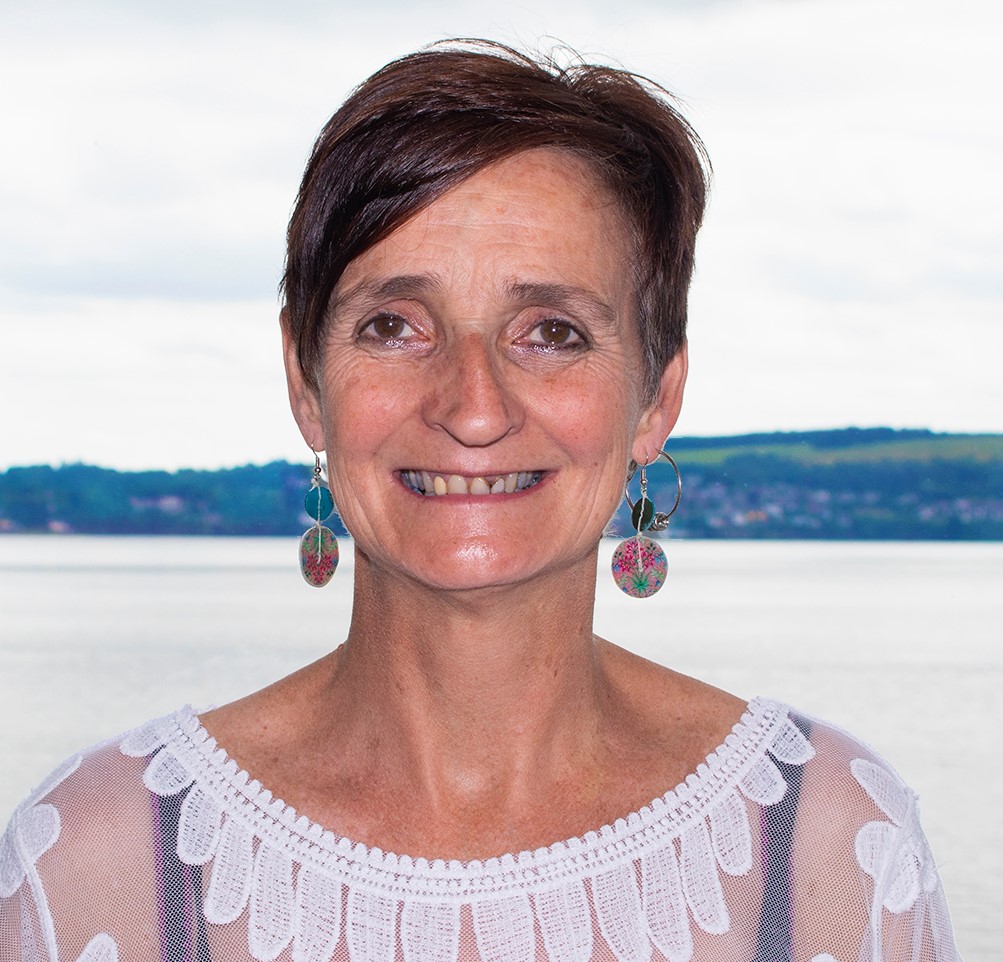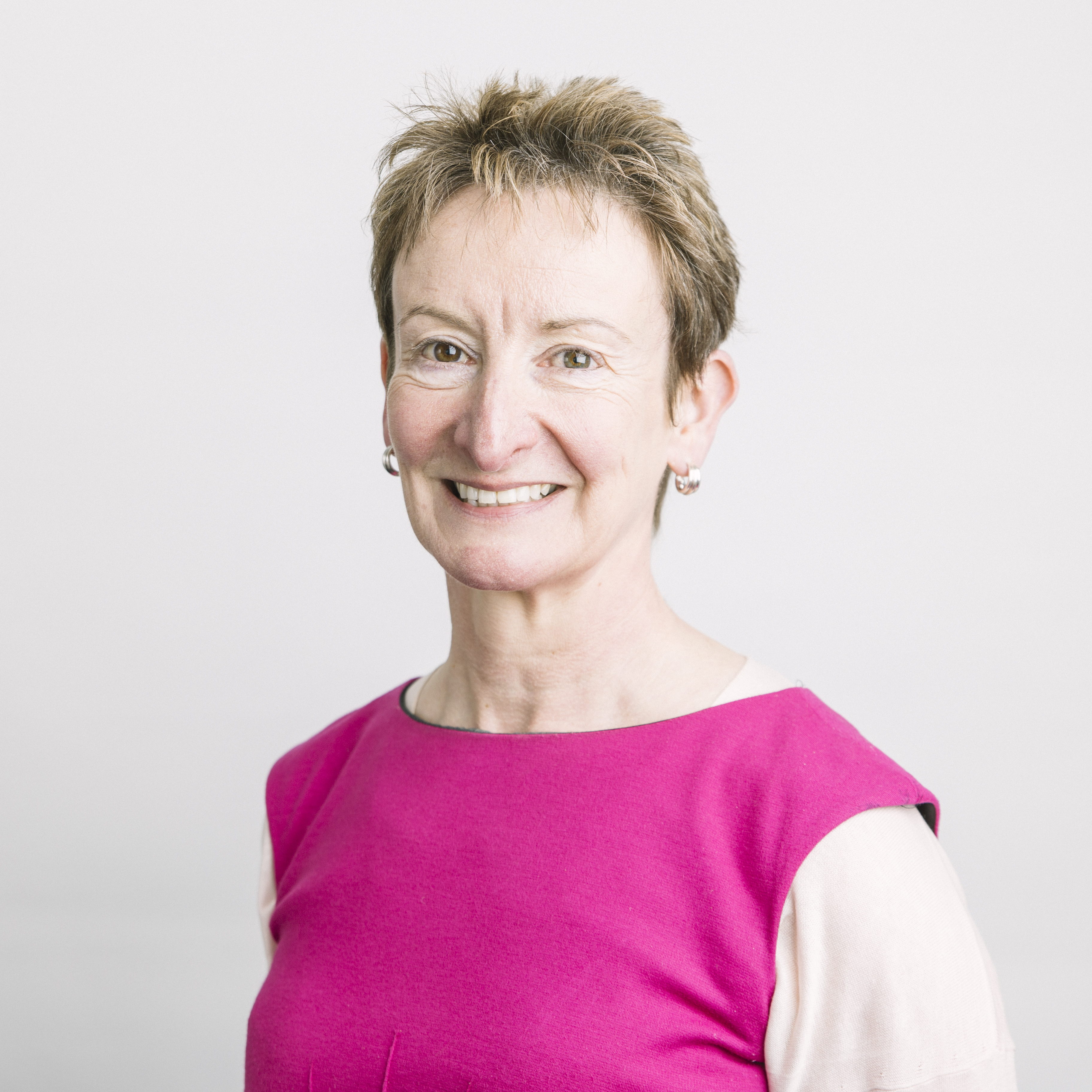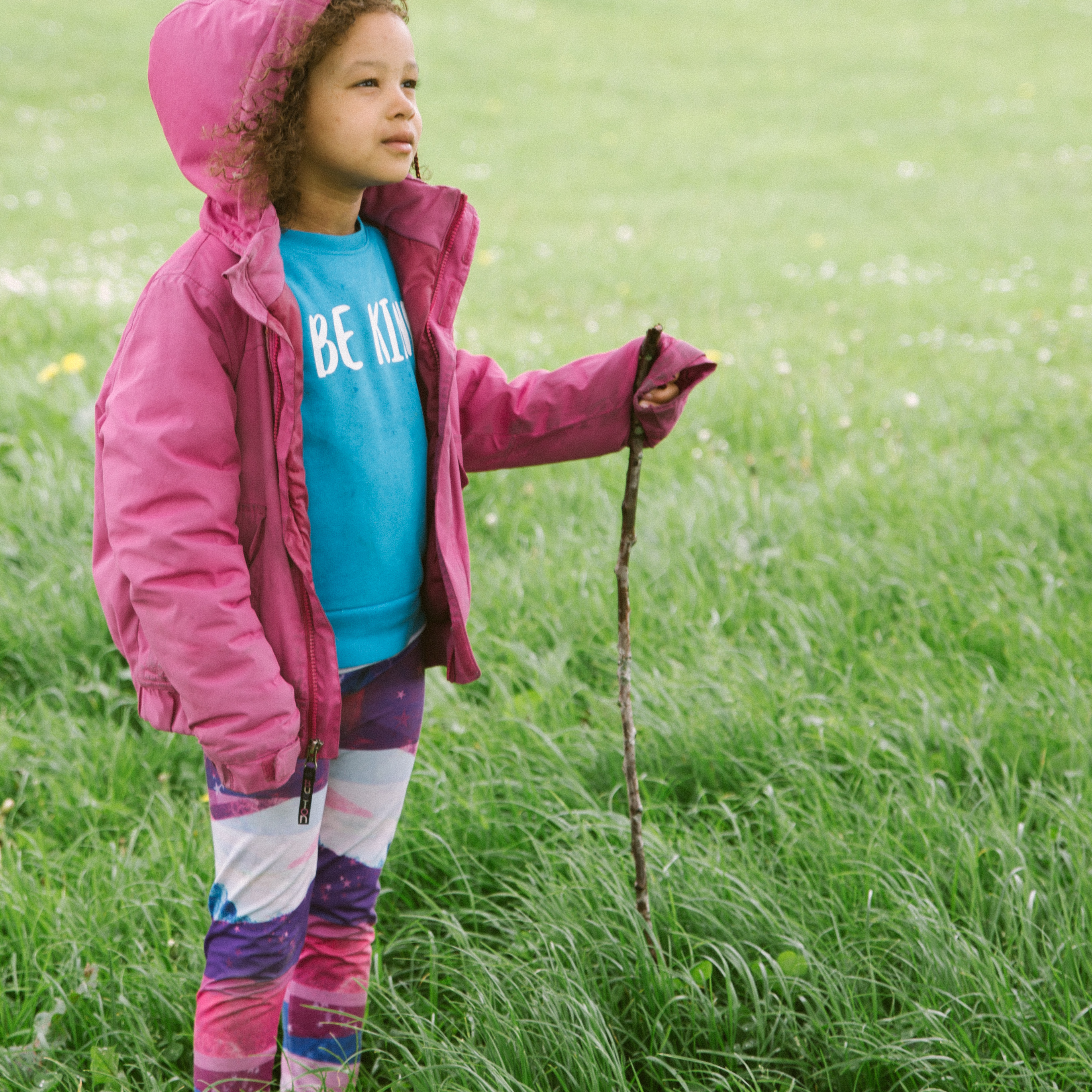Judith Turbyne appointed as new Chief Executive of Children in Scotland
22 June 2021
MEDIA RELEASE
Dr Judith Turbyne is to be the new Chief Executive of national charity Children in Scotland.
Currently a senior manager at the Scottish Charity Regulator, she will start in the post on 30 August 2021.
Judith said: “I am delighted and excited to be taking up this wonderful appointment. I am passionate about challenging inequality and working for a more just society, and I will bring this passion to the role of Children in Scotland’s Chief Executive.
“It is a key moment for positive policy change for Scotland’s children and Children in Scotland is in a great position to play a very significant part in this over the coming years.
“I look forward to meeting and working with the staff, Board, members, partners and children that are so integral to the success of the organisation.”
Judith brings substantial experience of the charity sector to the role. Much of her professional life has focused on international development, working with charities challenging global poverty and inequality.
She worked in Latin America and the Caribbean, in local frontline organisations and with multinational funders, before moving to Dublin to become CEO of the international development organisation Progressio Ireland.
Judith joined the Scottish Charity Regulator as Head of Engagement in 2013 and is currently Deputy Chair of the Corra Foundation.
Welcoming her appointment, Maureen McGinn CBE, Convener of Children in Scotland’s Board, said:
"The Board of Directors of Children in Scotland is looking forward to welcoming Judith shortly into her new role. She brings us experience, clear vision and commitment to social justice.
"We are confident Judith will apply all her skills and talent to improve the lives of children and young people by listening to their voices and making sure these are heard, and working determinedly with our members, staff and stakeholders."
Judith will be Children in Scotland’s third Chief Executive, following Jackie Brock who held the post from 2012 until earlier this year, and Bronwen Cohen who led the charity for 19 years from its formation in 1993.
Media contact:
Chris Small, csmall@childreninscotland.org.uk

About Dr Turbyne
Judith is currently a senior manager at the Scottish Charity Regulator
Click to find out more
Committed to rights and equality
A short animation explains our aims and vision
Click to watch the video
Our Board
Children in Scotland's Board provides strategic support for the organisation
Click to find out more
Our work
Our belief in the value of young people's participation is reflected in all our work
Click to find out more



